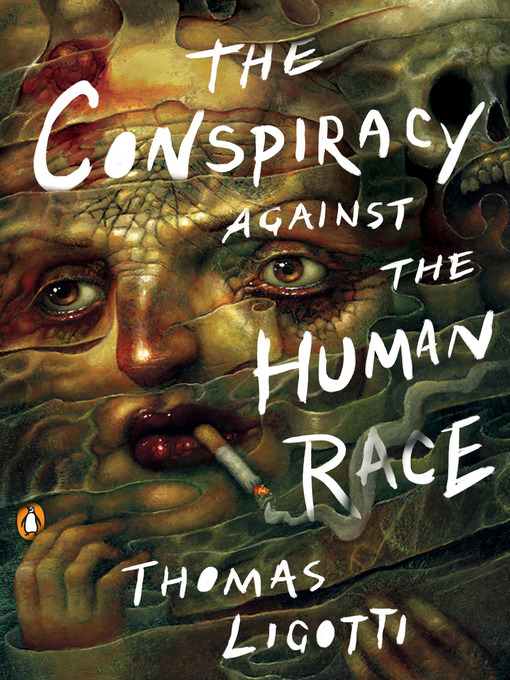- Audiobooks: New Horror
- Audiobooks: Recent Biographies
- Audiobooks: Contemporary Romance
- Audiobooks: Listen to an Adventure
- Audiobooks: Celebrity Book Club Picks
- Audiobooks: Thrillers
- Audiobooks: Make Them Laugh
- Audiobooks: Listen and Learn
- Audiobooks: New Year New You
- Audiobooks: Holiday Romance
- Audiobooks: Cozy Female Sleuths
- New audiobook additions
- New kids and teen additions
- See all audiobooks collections
- Just added
- Kids' Magazines
- Teen Magazines
- Florida Magazines
- Magazines from India
- Learn, Make and Create - Magazines
- Travel Magazines
- Sports
- Health & Fitness
- Most popular
- Cooking & Food
- Celebrity Gossip
- News & Politics
- See all magazines collections

